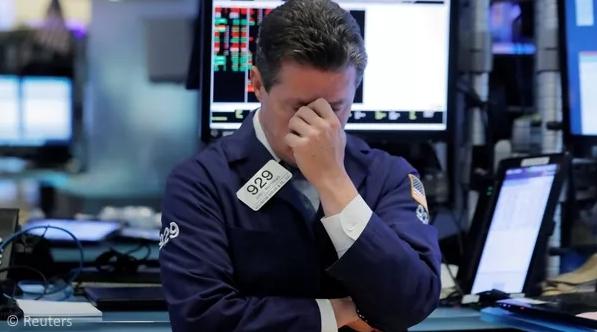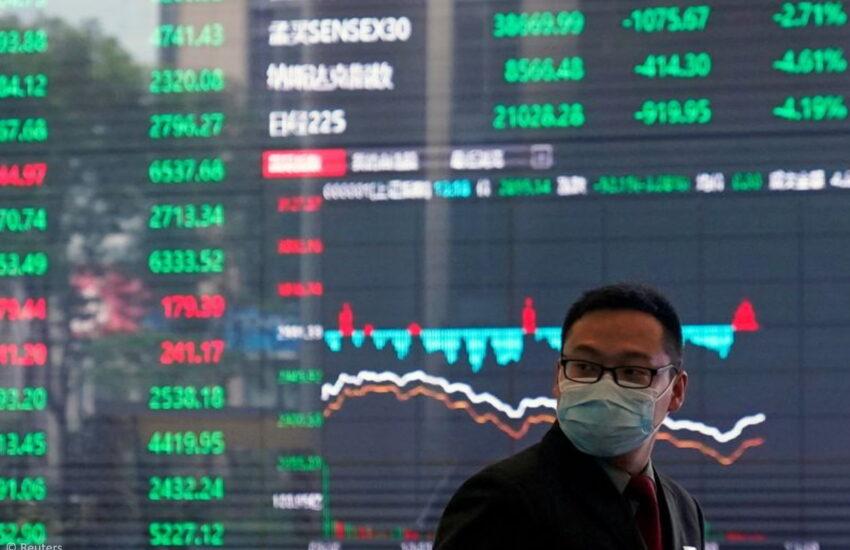Conflict Conundrum: Navigating the Ripple Effects of Israel’s Turmoil on US Stocks
In the world of global finance, where market dynamics are shaped by a multitude of factors, geopolitical developments hold a significant sway. The ongoing military discord in Israel is a testament to this, casting a long shadow on the US stock market, a nexus of global economic activity. With over two decades of nuanced understanding of the Middle East’s political economy, this analysis delves into how the Israel conflict reverberates across the Atlantic, influencing US stocks and what investors should brace for.
Direct Impact on Companies with Israeli Exposure:
The saga of global corporations is tightly interwoven with geopolitics. US and European-listed companies with substantial business undertakings in Israel have felt the tremors of the conflict. As military skirmishes escalated, a wave of apprehension swept across the investor community, manifesting in a downtick in the share values of these companies. Notably, the conflict has cast a pall over the stock prices of firms with operational footprints in the region, underscoring the geopolitical risk inherent in international business ventures.
Sectoral Impact:
Every sector in the stock market is a microcosm of broader economic forces, and some are more susceptible to geopolitical ripples than others. The pharmaceutical sector has borne the brunt of the Israel conflict. For instance, the stock value of Teva Pharmaceutical Industries plummeted by over 6%, a stark manifestation of how geopolitical turmoil can buffet sectoral stock values.
Global Energy Market Turmoil:
The specter of conflict in the Middle East invariably conjures concerns over global energy supply chains. The current military entanglements have rekindled the fears of oil market disruptions, a scenario that the global economy, still in the throes of recovery, can ill afford. The US energy sector, intrinsically linked to global oil price dynamics, is poised on a knife-edge, sensitive to the geopolitical tremors emanating from Israel.
Investor Sentiment:
The stock market is as much a barometer of investor sentiment as it is of economic fundamentals. The veil of uncertainty shrouding the Israel conflict has stoked a risk-averse sentiment among investors. This cautious stance could lead to a migration towards traditionally safer assets, influencing trading volumes and market volatility in the US.
Beyond the immediate market reactions, the conflict could engender broader geopolitical shifts. It could potentially recalibrate US foreign policy or geopolitical alliances, with cascading effects on international trade and investment flows.
Investors are advised to gird themselves for a bout of market volatility, especially for stocks tethered to the Middle East’s fortunes. Keeping a close eye on regional developments and considering portfolio diversification could serve as prudent strategies to mitigate conflict-induced market risks.




